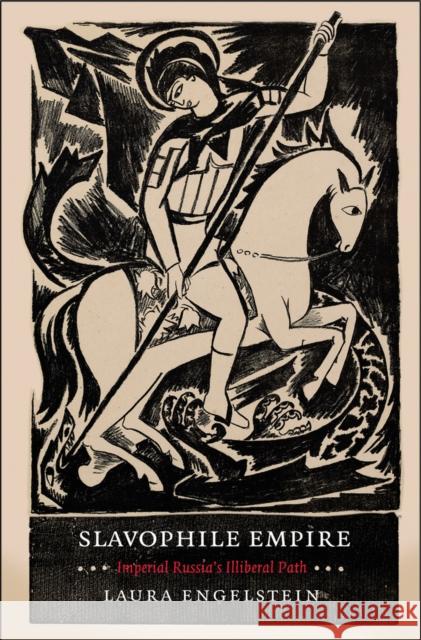Slavophile Empire: Imperial Russia's Illiberal Path » książka
Slavophile Empire: Imperial Russia's Illiberal Path
ISBN-13: 9780801447402 / Angielski / Twarda / 2009 / 256 str.
Slavophile Empire: Imperial Russia's Illiberal Path
ISBN-13: 9780801447402 / Angielski / Twarda / 2009 / 256 str.
(netto: 382,20 VAT: 5%)
Najniższa cena z 30 dni: 376,57
ok. 30 dni roboczych.
Darmowa dostawa!
Twentieth-century Russia, in all its political incarnations, lacked the basic features of the Western liberal model: the rule of law, civil society, and an uncensored public sphere. In Slavophile Empire, the leading historian Laura Engelstein pays particular attention to the Slavophiles and their heirs, whose aversion to the secular individualism of the West and embrace of an idealized version of the native past established a pattern of thinking that had an enduring impact on Russian political life.Imperial Russia did not lack for partisans of Western-style liberalism, but they were outnumbered, to the right and to the left, by those who favored illiberal options. In the book's rigorously argued chapters, Engelstein asks how Russia's identity as a cultural nation at the core of an imperial state came to be defined in terms of this antiliberal consensus. She examines debates on religion and secularism, on the role of culture and the law under a traditional regime presiding over a modernizing society, on the status of the empire's ethnic peripheries, and on the spirit needed to mobilize a multinational empire in times of war. These debates, she argues, did not predetermine the kind of system that emerged after 1917, but they foreshadowed elements of a political culture that are still in evidence today.











